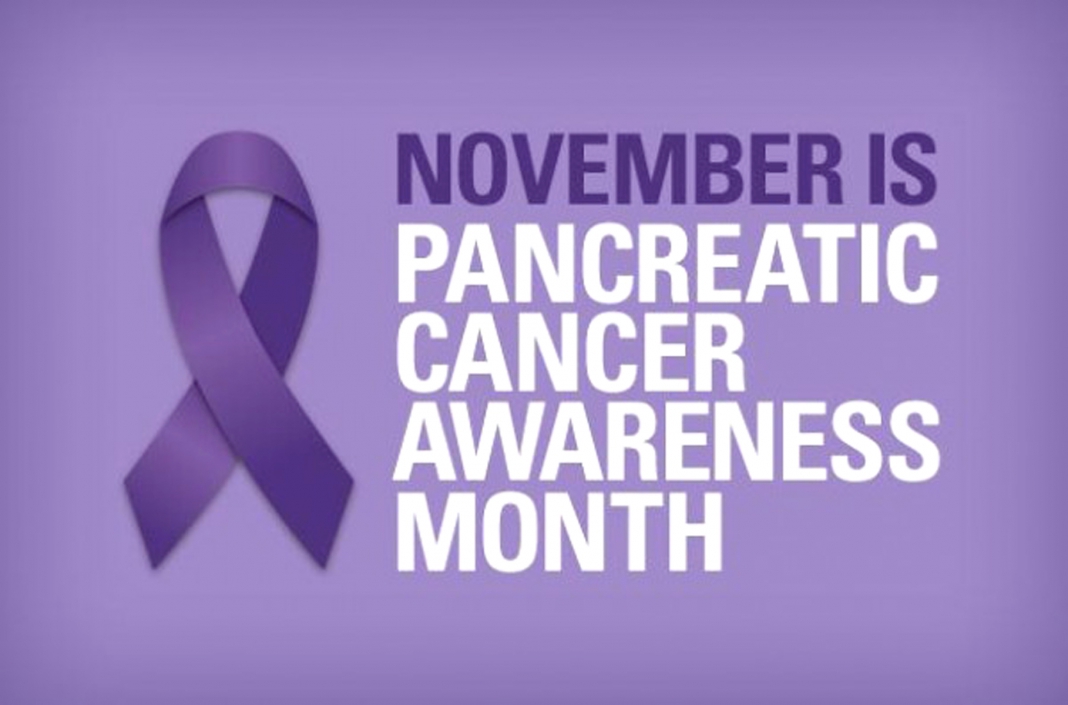What is pancreatic cancer?
Pancreatic cancer is a type of cancer that occurs within the tissues of the pancreas, which is a vital endocrine organ located behind the stomach. The pancreas plays an important role in digestion by producing enzymes that the body needs to digest food containing of fats, carbohydrates, and proteins. The pancreas also excretes two important hormones: glucagon and insulin, which are responsible for controlling glucose (sugar) metabolism. Insulin helps cells metabolize glucose to make energy and glucagon helps raise glucose levels when they are too low.
How common is pancreatic cancer?
This type of cancer is the fourth-leading cause of cancer-related fatalities in the United States. Due to the location of the pancreas, pancreatic cancer may be difficult to detect and is often diagnosed in more advanced stages of the disease.
However, it can be managed by reducing your risk factors. Please discuss with your doctor for further information.
Symptoms
What are the symptoms of pancreatic cancer?
Signs and symptoms of pancreatic cancer usually don’t manifest until the disease is severe. As signs and symptoms do appear, they may include:
- Upper abdominal pain that may radiate to your back
- Yellowing of your skin and the whites of your eyes (jaundice)
- Loss of appetite
- Weight loss
- Depression
- Blood clots
When should I see my doctor?
Early diagnosis and treatment can stop this condition from worsening and prevent another medical emergency, so talk to your doctor as soon as possible to prevent this serious condition.
If you have any signs or symptoms listed above or have any questions, please consulting with your doctor. Everyone’s body acts differently. It is always best to discuss with your doctor what is best for your situation.
Causes
What causes pancreatic cancer?
Until now the cause of pancreatic cancer is still unknown. This type of cancer happens when abnormal cells begin to grow within the pancreas and form tumors. Normally, healthy cells grow and die in moderate numbers. In the case of cancer, there is an increased amount of abnormal cell production, and these cells ultimately take over the healthy cells.
Risk factors
What increases my risk for pancreatic cancer?
While specialists do not understand exactly the cause of this type of cancer, there are certain risk factors that may increase your chances of developing pancreatic cancer. You may be at an increased risk if you:
- Smoke cigarettes — 30 percent of cancer cases are related to cigarette smoking
- Are obese
- Don’t exercise regularly
- Eat few fruits and vegetables
- Eat diets high in fat content
- Drink heavy amounts of alcohol
- Have diabetes
- Work with pesticides and chemicals
- Have chronic inflammation of the pancreas
- Have liver damage
- Are African-American
Have a family history of pancreatic cancer or certain genetic disorders that have been linked to this type of cancer
Diagnosis & treatment
The information provided is not a substitute for any medical advice. ALWAYS consult with your doctor for more information.
How is pancreatic cancer diagnosed?
If your doctor suspects that you may experience this condition, a physical examination will be performed and some tests will be also recommended by your doctor. To make a diagnosis, your doctor will also review your symptoms and medical history. Some test will be disorders, include:
- CT or MRI scans to get a complete and detailed image of your pancreas
- An endoscopic ultrasound, in which a thin, flexible tube with a camera attached is inserted down into the stomach to obtain images of the pancreas
- Biopsy, or tissue sample, of the pancreas
- Blood tests to detect if tumor marker CA 19-9 is present, which can indicate pancreatic cancer
Once a diagnosis has been made, your doctor will assign a stage based on the test results:
- Stage 1: tumors exist in the pancreas only
- Stage 2: tumors have spread to nearby abdominal tissues or lymph nodes
- Stage 3: the cancer has spread to major blood vessels and lymph nodes
- Stage 4: tumors have spread to other organs, such as the liver
How is pancreatic cancer treated?
Depending on the stage of cancer, the treatment will be determined by your doctor. Treatment has two goals: the first one is to kill cancerous cells and the second one is to prevent the spread of the disease. Weight loss, bowel obstruction, abdominal pain, and liver failure are among the most common complications during pancreatic cancer treatment.
- Surgery
If the tumor has remained confined to the pancreas, surgery may be recommended — a final call on whether surgery is an option will be based on the exact location of the cancer. If the tumor is confined to the head and neck of the pancreas, a procedure called the Whipple procedure (pancreaticoduodenectomy) can be done. In this procedure, the first part, or the “head” of the pancreas and about 20 percent of the “body,” or the second part, are removed. The bottom half of the bile duct and the first part of the intestine are also removed. In a modified version of this surgery, a part of the stomach is removed.
- Radiation Therapy
Other treatment options must be explored once the cancer spreads outside of the pancreas. Radiation therapy utilizes X-rays and other high-energy beams to kill the cancer cells.
- Chemotherapy
In some cases, your doctor might combine other treatments with chemo, which uses cancer-killing drugs to help prevent future growth of cancer cells.
Lifestyle changes & home remedies
What are some lifestyle changes or home remedies that can help me manage pancreatic cancer?
Following these useful tips will help you to reduce the risk of this cancer:
- Stop smoking tobacco
- Have a proper diet
- Do exercise regularly, at least 30 minutes a day
- Eat more fruits and vegetables
- Should not eat diets with high in fat content
- Avoid drinking alcohol.
Source: Article contributed by hellodoktor.com.
Read also: Managing The Emotional Burden of Breast Cancer Treatment









